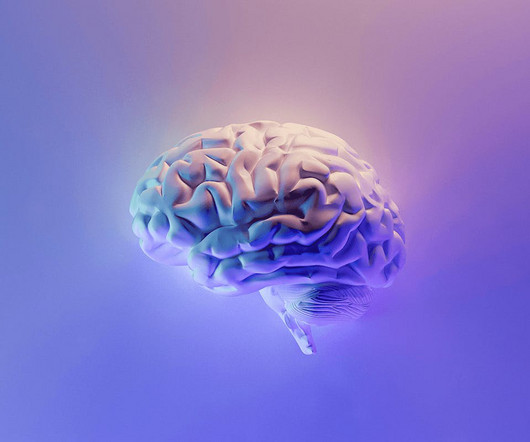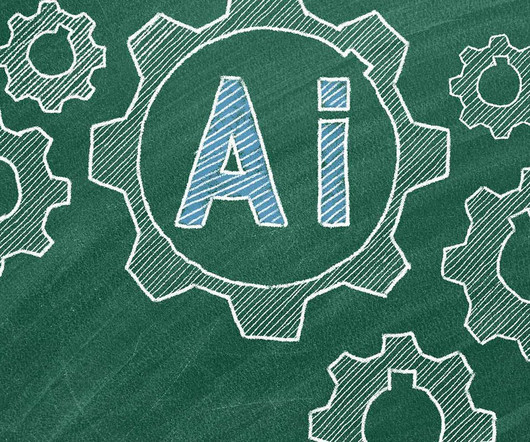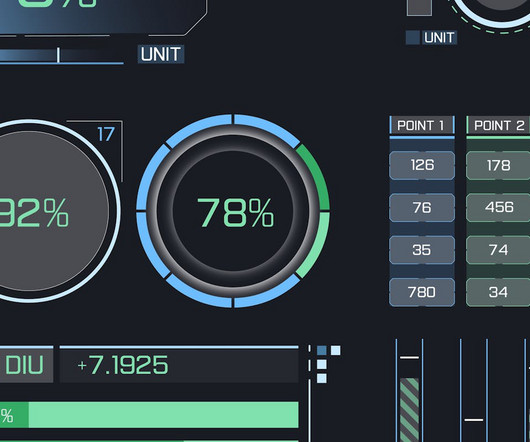Lessons From This 'Golden Age' of Learning Science
ED Surge
MARCH 14, 2023
Experts have described this as a 'golden age' of discovery in the area of learning science, with new insights emerging regularly on how humans learn. So what can educators, policymakers and any lifelong learner gain from these new insights? But I think it's important. There were six U.S.





















Let's personalize your content